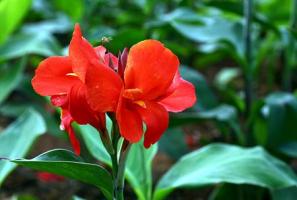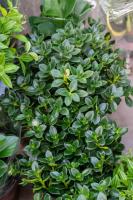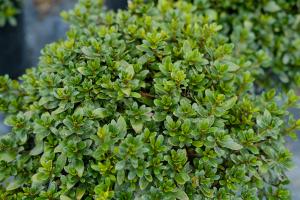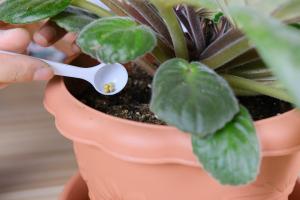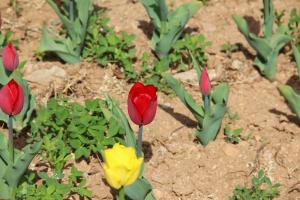Is Epsom Salt Good for Orchid Plants?
Orchids are a popular addition to any indoor garden or collection. These delicate flowering plants require specific environmental conditions to thrive, such as high humidity and the right amount of water and sunlight. Many gardeners wonder if additives, such as Epsom salt, can help boost their orchids' growth and health. In this article, we'll take a closer look at whether Epsom salt is good for orchid plants.
What is Epsom Salt?
Epsom salt is a naturally occurring mineral compound made up of magnesium, sulfur, and oxygen. It is named after the town of Epsom in England where it was first identified. Epsom salt has a variety of uses, from easing muscle pain to helping plants grow. When it comes to orchids, gardeners often use Epsom salt as a fertilizer supplement.
How Does Epsom Salt Affect Orchid Plants?
Epsom salt is believed to benefit orchid plants in several ways. The magnesium in Epsom salt is essential for the production of chlorophyll, which is necessary for photosynthesis. This means that Epsom salt can help boost a plant's energy and growth. Additionally, the sulfur in Epsom salt can improve the orchid's overall health by strengthening the plant cell walls and aiding in the production of plant enzymes.
How to Use Epsom Salt for Orchid Plants
While some gardeners swear by using Epsom salt for their orchids, it's important to remember that moderation is key. Too much magnesium or sulfur can actually harm your plant. For orchids, it's recommended to use Epsom salt in a diluted solution, once every month or two. To create the solution, dissolve half a teaspoon of Epsom salt in a gallon of water. Then, pour the solution onto the soil at the base of the orchid plant.
Other Tips for Caring for Your Orchid Plants
While Epsom salt can be beneficial for orchid plants, it's just one piece of the puzzle when it comes to caring for these finicky flowers. Here are a few other tips to keep in mind:
Orchids like bright, indirect sunlight
Orchids prefer humid conditions, so consider investing in a humidifier
Don't overwater your orchid - let the soil dry slightly between waterings
Use a fertilizer specifically formulated for orchids
Repot your orchid every year or two
The Bottom Line
So, is Epsom salt good for orchid plants? The answer is yes, in moderation. Adding a diluted solution of Epsom salt to your orchid's care routine can provide essential nutrients and improve the plant's overall health. However, it's important to remember that Epsom salt should be used sparingly and is not a substitute for proper orchid care. With the right care and attention, your orchid can thrive and reward you with its beautiful blooms for years to come.

 how many times do yo...
how many times do yo... how many planted tre...
how many planted tre... how many pine trees ...
how many pine trees ... how many pecan trees...
how many pecan trees... how many plants comp...
how many plants comp... how many plants can ...
how many plants can ... how many plants and ...
how many plants and ... how many pepper plan...
how many pepper plan...